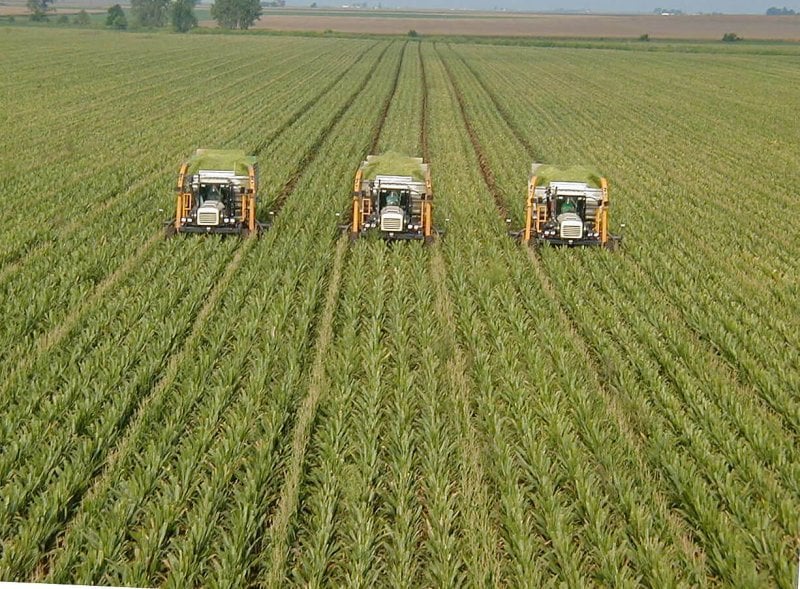Biodiversity across the globe could be in a worse state than previously thought as current biodiversity assessments fail to take into account the long-lasting impact of abrupt land changes, a new study has warned.
The study …. shows that fewer species and fewer individuals are observed at sites that have been disturbed by an abrupt land change in past decades.
…
Comparing numbers of plants, fungi and animals at 5,563 disturbed sites with those at 10,102 undisturbed sites across the world from Africa to Asia, the researchers found that biodiversity remains affected by a land change event for several years after it has occurred, due to a lag effect.
Species richness and abundance were found to be 4.2% and 2% lower, respectively, at sites where an abrupt land change had occurred.
In addition, the impacts on species were found to be greater if land changes had occurred more recently, and caused greater changes in vegetation cover. At sites that had land changes in the last five years, there were around 6.6% fewer species observed.
However, at sites where a land change had taken place 10 or more years ago, species richness and abundance were indistinguishable from sites without a past land change in the same period, indicating that biodiversity can recover after such disturbances.
Original article: Global levels of biodiversity could be lower than we think, new study warns































